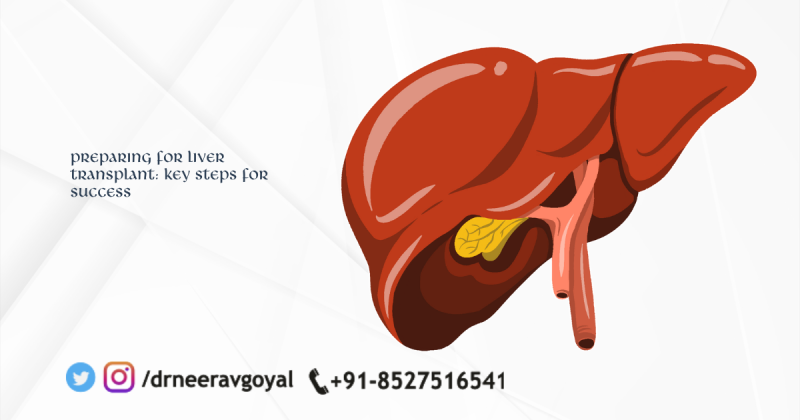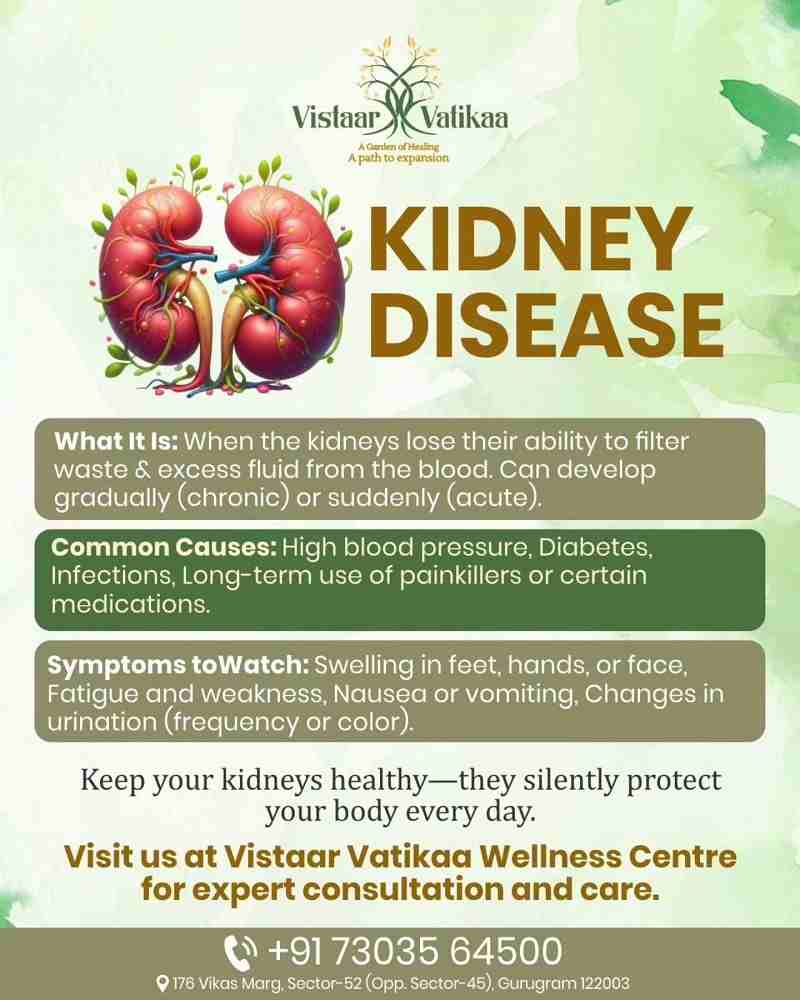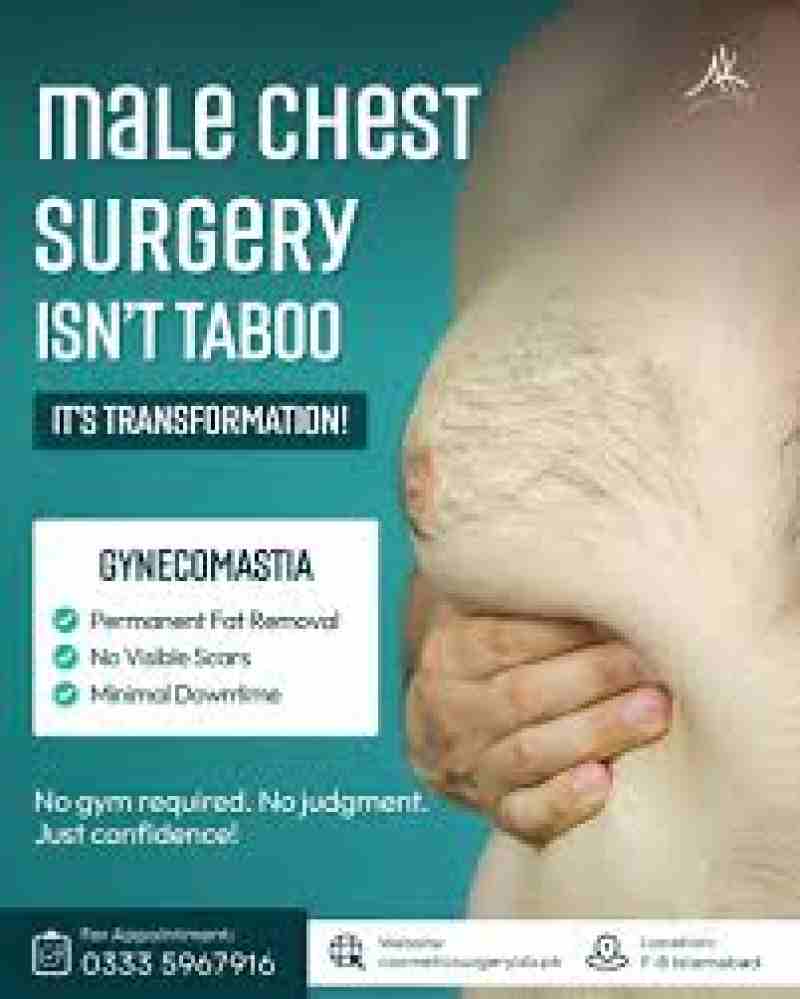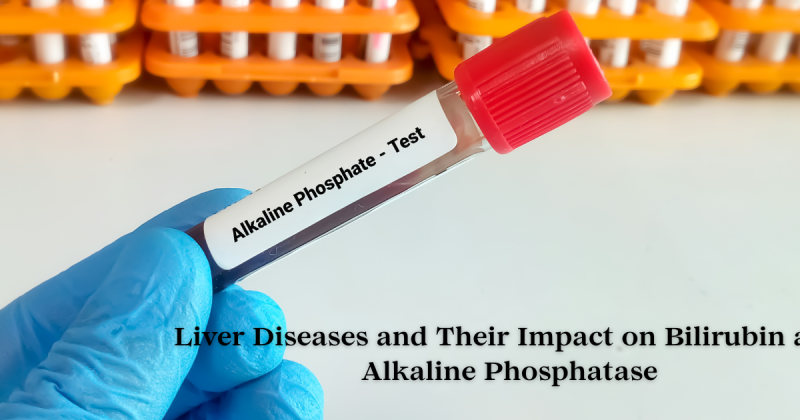Health
Preparing for Liver Transplant: Key Steps for Success

Introduction
Facing a liver transplant can feel like standing at the edge of a vast ocean, unsure of the journey ahead. It's a life-changing decision, filled with hope, anxiety, and a mountain of preparation. But here's the good news: you don’t have to navigate this path alone. Understanding the right steps to take can turn this daunting process into a well-organized plan for success. Whether you're the patient or a loved one, knowing what to expect can ease your mind and boost your confidence.
Let’s dive deep into the essential steps that will help you prepare effectively for a liver transplant, ensuring everything goes smoothly under the care of the best liver transplant surgeon in India.
1. Understanding Liver Transplant Basics
Before we get into the nitty-gritty of preparation, let's answer the most basic question: What is a liver transplant?
A liver transplant is a surgical procedure where a damaged or diseased liver is replaced with a healthy liver from a donor. Think of your liver as the engine of a car-- when it stops working properly, the entire vehicle (your body) struggles to function. A successful transplant can restore health and vitality, but the journey involves meticulous preparation.
2. Why Preparation Matters
You might wonder, "Isn't the surgery the most critical part?" While the operation itself is essential, proper preparation increases the chances of success exponentially. Just like athletes train before a big game, patients must prepare their body and mind to endure the stress of surgery and recover effectively.
3. Choosing the Right Hospital and Surgeon
When it comes to a life-changing procedure like a liver transplant, the stakes are high. That's why choosing the best liver transplant surgeon in India and a reputed hospital matters. Look for:
Proven experience in liver transplants
High success rates
State-of-the-art facilities
Comprehensive aftercare programs
Ask questions like, "How many liver transplants have you performed?" or "What's the post-surgery survival rate?"
4. Comprehensive Medical Evaluations
Before a transplant can proceed, you'll undergo thorough medical assessments. These evaluations include:
Blood Tests: To assess liver function, detect infections, and check compatibility.
Imaging Scans: CT or MRI to view liver structure and detect complications.
Heart and Lung Tests: To ensure the body can handle surgery.
These tests help the surgical team understand your overall health and identify any potential risks early.
5. Mental and Emotional Preparation
A liver transplant isn't just physically demanding-- it's emotionally challenging too. Patients often face feelings of fear, uncertainty, or even guilt, especially if they're receiving a donor liver.
Tip: Consider speaking to a counselor or joining a support group. Understanding that it's okay to feel overwhelmed helps normalize the experience and prepares your mind for recovery.
6. Organizing Your Medical Documents
Imagine being in a foreign city without a map. That's what it feels like when important medical documents are scattered or missing. Prepare a folder with:
Medical history
List of current medications
Previous surgeries
Allergy information
Contact information for all doctors
Having everything organized ensures quick access during emergencies.
7. Pre-Transplant Diet and Nutrition
Nutrition plays a critical role in preparing your body for surgery. A well-balanced diet strengthens your immune system and improves healing.
Key tips:
Eat high-protein foods (like eggs, lean meat, legumes).
Avoid alcohol and high-fat foods.
Stay hydrated.
Consult a nutritionist for a personalized plan.
Your doctor will advise on specific restrictions based on your condition.
8. Medications: What to Continue or Stop.
Some medications must be continued, while others might need to stop temporarily before the transplant. Common advice includes:.
Continue: Blood pressure medications, essential antibiotics.
Stop: Blood thinners like aspirin, unless instructed otherwise.
Always follow your doctor's instructions precisely. Never adjust doses or stop medications on your own.
9. Understanding Financial Planning.
Liver transplants are expensive. Costs include surgery, hospital stay, post-operative care, and medications.
Steps to prepare:.
Check insurance coverage.
Explore government assistance programs.
Discuss payment plans with the hospital.
Have a clear understanding of out-of-pocket costs.
Having a financial plan reduces stress and helps focus on recovery.
10. Physical Fitness and Exercise Guidelines.
Physical fitness enhances your body's ability to cope with surgery. However, it doesn't mean you need to run a marathon.
Simple activities like:.
Light walking.
Stretching exercises.
Breathing exercises.
Help improve lung function and circulation. Always consult your doctor before starting any exercise regimen.
11. Preparing Your Home for Post-Surgery Care.
After surgery, your home should be a safe, clean, and comfortable recovery zone. Consider:.
Setting up a comfortable bed near a restroom.
Arranging for mobility aids if necessary.
Ensuring easy access to medications and medical supplies.
Removing trip hazards like loose rugs.
Having a well-prepared home environment reduces infection risk and promotes faster healing.
12. Understanding the Risks and How to Mitigate Them.
Like any major surgery, liver transplants carry risks such as:.
Infection: Proper hygiene and following post-surgery care reduce this risk.
Rejection of Donor Liver: Medications called immunosuppressants help prevent this.
Bleeding or Blood Clots: Early mobilization and regular monitoring are essential.
Being informed helps you stay vigilant and proactive.
13. Building a Strong Support System.
A liver transplant isn't a solo journey. Family, friends, and caregivers are pillars of strength during recovery.
Support tips:.
Identify primary caregivers.
Educate them on post-surgery care.
Set up regular communication with medical professionals.
Emotional and physical support greatly influences recovery outcomes.
14. What to Expect on the Day of Surgery.
The big day can feel overwhelming, but knowing what to expect eases anxiety.
Arrival at the hospital early in the morning.
Final health checks and briefings by the surgical team.
Anesthesia administered.
The surgery typically lasts 6 to 12 hours.
Stay calm and trust the expertise of the surgical team.
15. Post-Transplant Care: The First 30 Days.
The first month post-surgery is critical. You can expect:.
Regular blood tests to monitor liver function.
Medications to prevent rejection and infection.
Gradual increase in physical activity.
Nutritional adjustments for optimal healing.
Follow-up appointments are frequent, ensuring the body is adjusting well.
Conclusion.
Preparing for a liver transplant is like training for a marathon-- it takes time, dedication, and proper guidance. By following these key steps-- from selecting the best liver transplant surgeon in India to organizing your home-- you can confidently face the journey ahead. Remember, every small preparation step contributes to the success of your transplant and the quality of your life afterward.
FAQs.
1. How long does it take to recover from a liver transplant?
Most patients stay in the hospital for 2 to 3 weeks post-surgery. Full recovery can take 3 to 6 months, depending on individual health and adherence to care protocols.
2. What role does the best liver transplant surgeon in India play in the process?
They ensure that the surgery is performed with precision, minimize risks, and guide the patient through pre and post-operative care to maximize success.
3. Can I work after a liver transplant?
Yes, but usually after 3 to 6 months of recovery. Your doctor will advise when it's safe based on your health progress.
4. Is a liver transplant covered by insurance in India?
Many insurance plans cover liver transplants, but coverage varies. It's essential to check policy details and consult with your provider.
5. Are there lifestyle changes after a liver transplant?
Absolutely. You'll need to maintain a healthy diet, take prescribed immunosuppressants, avoid alcohol, and stay active, following your doctor's advice.
Source:
Click for the: Full Story
You might like













 Close Menu
Close Menu